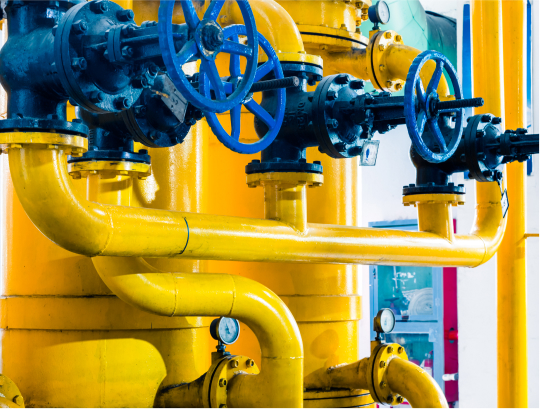
Gas (Butane, Propane)
Work with usLiquefied petroleum gas (LPG) is a generic term for a group of light hydrocarbon gases. Propane and butane are examples of this. These gases are employed in both business and residential settings. These gases can be utilized as heating, cooking, boiling, car fuel, refrigerants, and other applications. Propane is a flammable hydrocarbon gas that is liquefied by increasing pressure. It is obtained through natural gas processing and oil refining. Butane, on the other hand, is a volatile hydrocarbon gas produced by natural gas and oil refining.
Key takeaways
- Propane is a fuel that may be used for both heating and cooking. Butane is a liquid that can be used as a fuel, propellant, or refrigerant.
- The fundamental difference between propane and butane is their boiling points, with propane having a -42 ° C boiling point and butane having a substantially higher boiling point of -2 ° C.
- Despite the fact that propane produces greater heat, butane has an environmentally friendly property. It easily liquefies, making containment simpler.
- Propane is simple to work with. When it comes to barbecuing, all you have to do is connect your barbeque to a propane gas cylinder and your meal will be ready in no time.